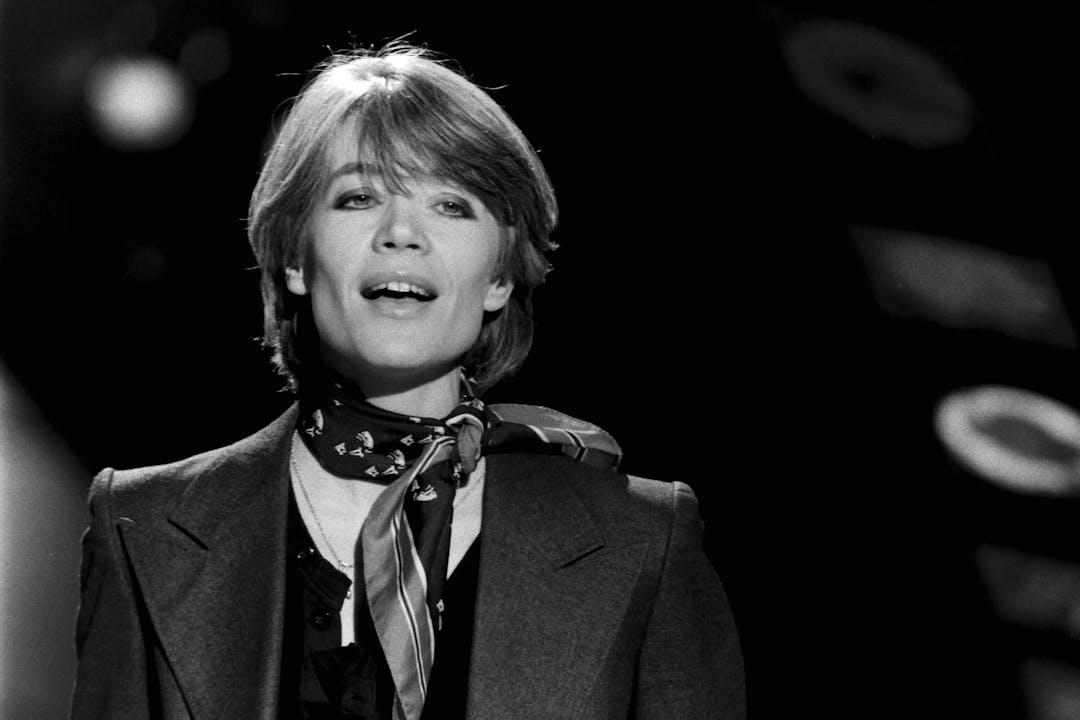
TAGTIK NEWS - TO THE POINT

The admin wants to tackle “excessive negativity”
China’s Cyberspace Administration has taken a new approach to online dissent, now targeting not only sensitive political speech but also “excessive negativity.” In a climate of economic slowdown and widespread youth disillusionment, authorities have launched a sweeping digital purge.
Accounts that promote lifestyles without marriage or children, reduced work, or even those pointing out differences with Western living standards are being swiftly suspended. High-profile influencers have already faced bans, while platforms like Weibo have shuttered thousands of accounts for “defeatist” messages such as “hard work is useless.”
Official broadcasters justify the move as protecting the digital space from emotional “contagion,” echoing Western rhetoric about online toxicity but with an unmistakable authoritarian edge.
Deep political anxiety
Behind this campaign lies deep political anxiety. Youth unemployment is soaring in China as the economy falters. The Party fears that mass disengagement could spark open criticism. Local authorities have prosecuted users for spreading a “negative image” of their cities, and even discussions linking individual tragedies to broader issues are now classed as “malicious interpretation.”
Bloggers that highlight the darker sides of China’s model face deletion and accusations of “venerating the West.” While propaganda denounces “emotional predators,” critics argue that the regime’s enforced optimism cannot mask the country’s growing malaise—a struggle echoed in other societies grappling with their own digital-age anxieties.
(Michael Leahy. Source: New York Times/Wrap Up. Photo: Unsplash)
LATEST NEWS

RIP: The legendary Tucker Zimmerman has passed away at the age of 84.

Born on January 18: Tom Bailey (Thompson Twins) always calls his "Doctor! Doctor!"

Born on January 17: Françoise Hardy left to find the stars in 2024

Born on January 16: Sade, the discreet gem of British soul music

Born on January 14th: Etienne Daho, always full of musical notes...

Born on January 13: Suggs (Madness), the sweet English ska madness from the 80s
Quick links